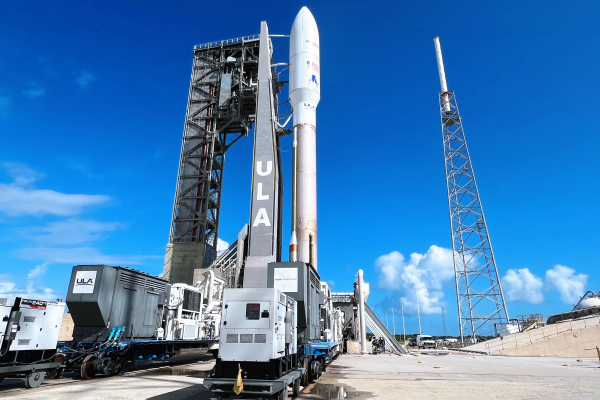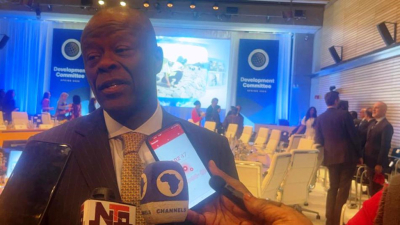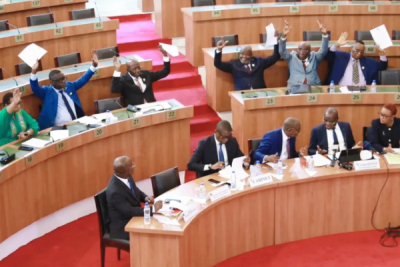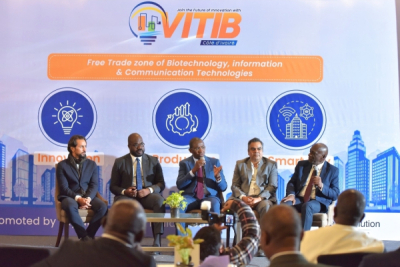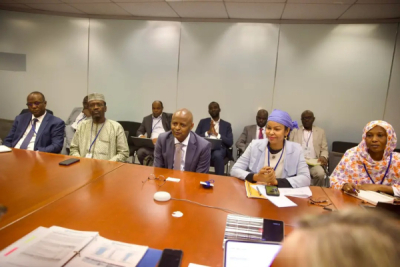Some 2.6 billion people still have no access to the Internet across the globe. In remote areas, where conventional networks seem limited, satellites are positioning themselves as a reliable alternative.
On Friday, October 6, American e-commerce giant Amazon launched the first two satellites of its 3,236-satellite constellation. Dubbed "Project Kuiper", the satellites will orbit lower around the Earth to provide high-speed, low-latency satellite Internet services like Elon Musk’s Starlink.
Project Kuiper aims to bridge the digital divide by providing fast, affordable broadband to communities unserved or underserved by traditional communications technologies. To achieve this, Jeff Bezos's company intends to invest $10 billion.
"Our goal with Project Kuiper is not just to connect unserved and underserved communities, but also to delight them with the quality, reliability, and value of their service. [...] From day one, every technology and business decision we’ve made has centered on what will deliver the best experience for different customers around the world, and our range of customer terminals reflects those choices," explained Rajeev Badyal, Amazon’s vice president of technology for Project Kuiper, last March.
Amazon, which is still lagging in terms of satellite deployment, ultimately wants to compete with Starlink in the satellite internet segment. For that purpose, it plans to launch more than 1,500 satellites before 2026 to retain its operating license granted in 2020 by the US Federal Communications Commission. Meanwhile, Starlink already has over two million active users worldwide with plans to conquer the African market. This year, it intended to enter 23 African markets but currently, it has effectively launched in six owing to various legislations.
It is worth noting that the costs of Starlink’s equipment are pretty high for the average African. Earlier this month, the company decided to reduce the cost of its equipment by 21% in Nigeria, from 378,000 naira (around $487) to 299,000 naira. Last September, Kenyan President William Ruto also asked Starlink to reduce the price of its services. The equipment costs 89,000 Kenyan shillings (approx. $595), with a delivery charge of 3,100 shillings. In Zambia, the equipment costs 10,774 kwachas (around $505).
Will Amazon’s equipment be more affordable for Africans?
Amazon wants to offer three antenna models for its customers. The firm revealed that the production cost of the standard model is around $400, which implies that the standard selling price will be higher than this amount. Truly, equipment is a one-off expense but, at this rate whether it is higher than that practiced by Starlink in African markets or not it remains high. What's more, after reducing its prices in Nigeria, Elon Musk's firm will probably continue this pricing policy in other markets to standardize its offerings across the continent.
As a reminder, the number of people covered by fixed broadband in Africa remains below 10%. This is the lowest level in the world. With conventional networks’ failure in this area, satellite Internet remains the most attractive alternative for remote and underserved areas to access broadband Internet.
Adoni Conrad Quenum


